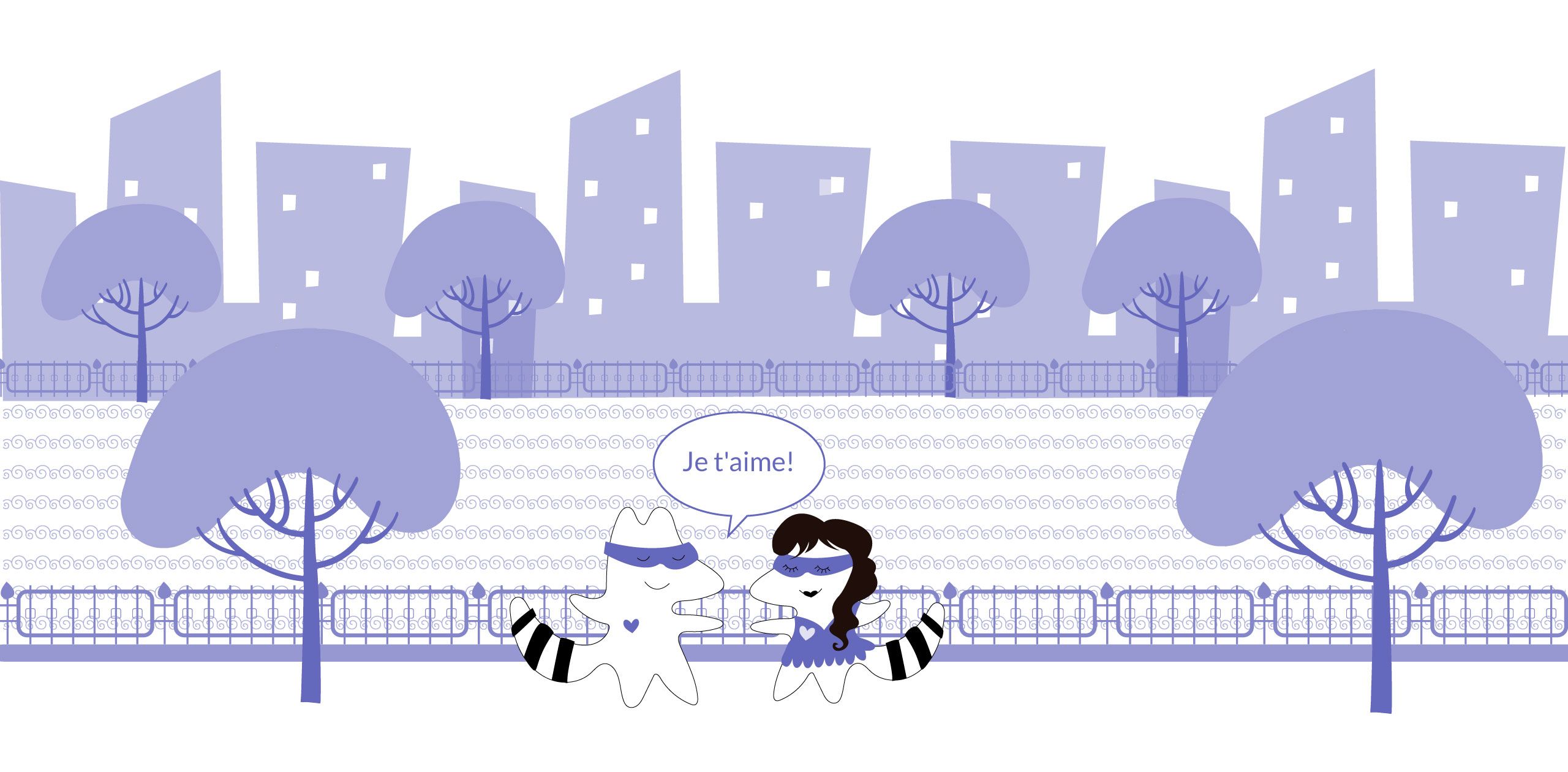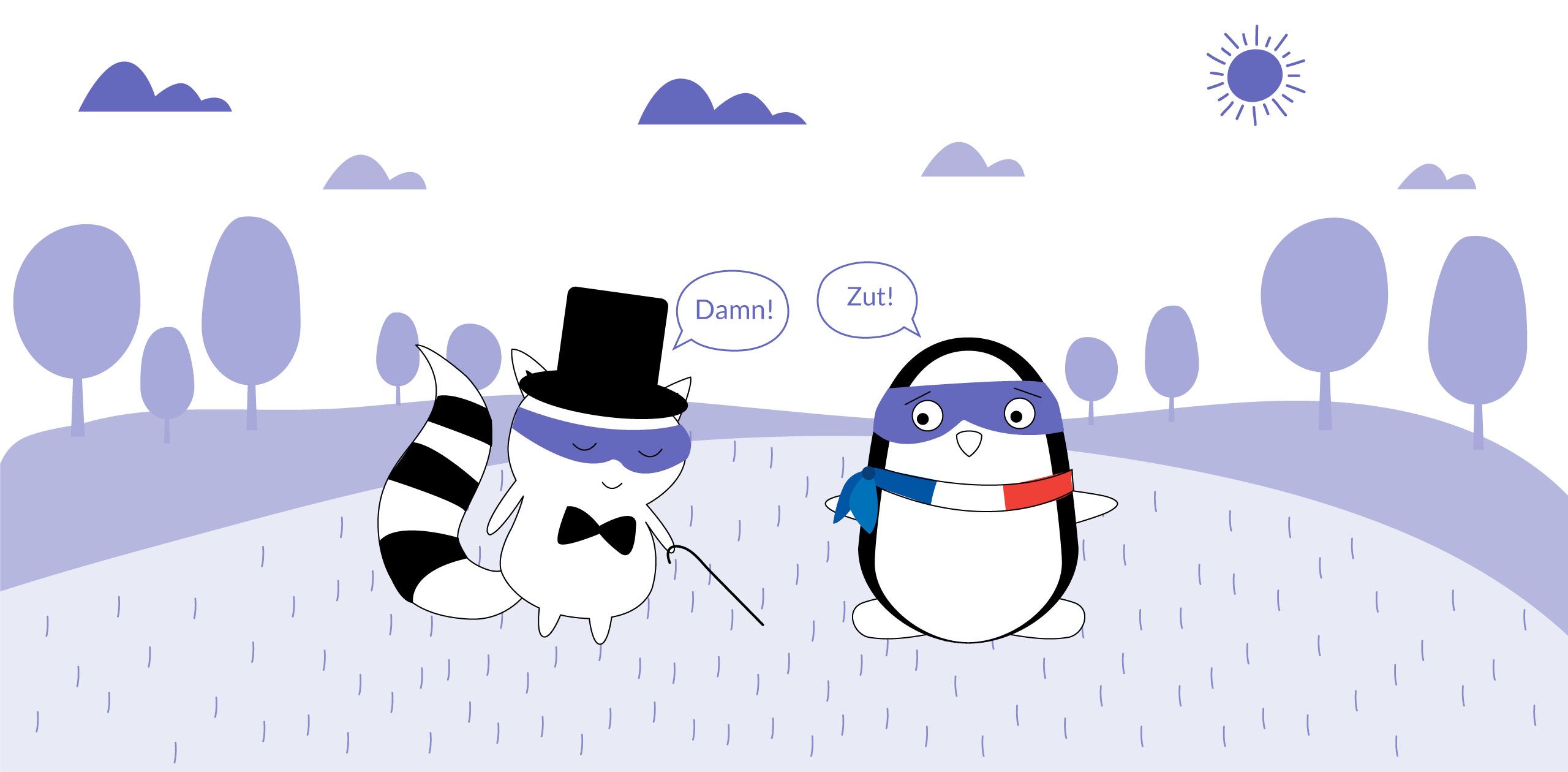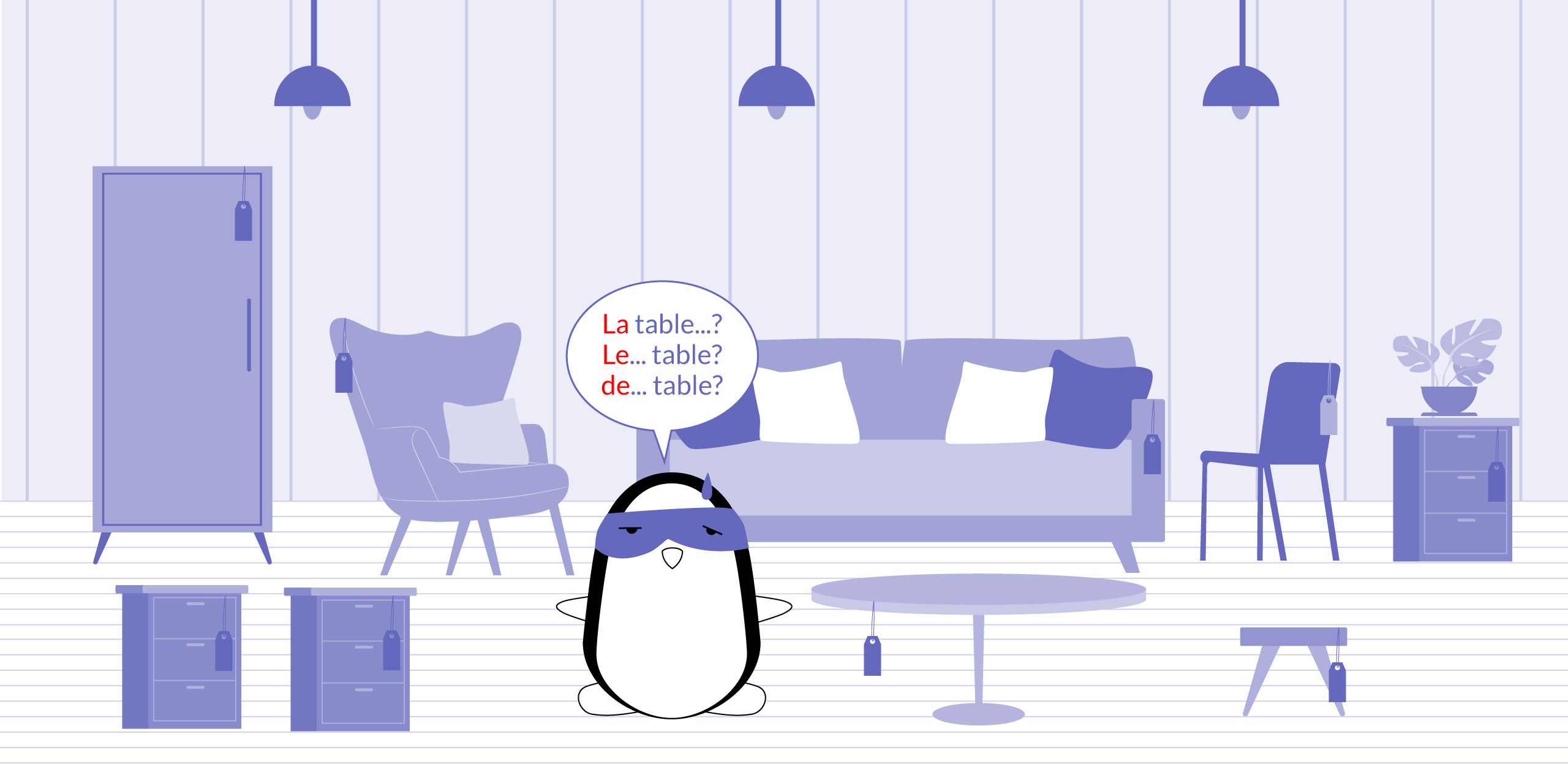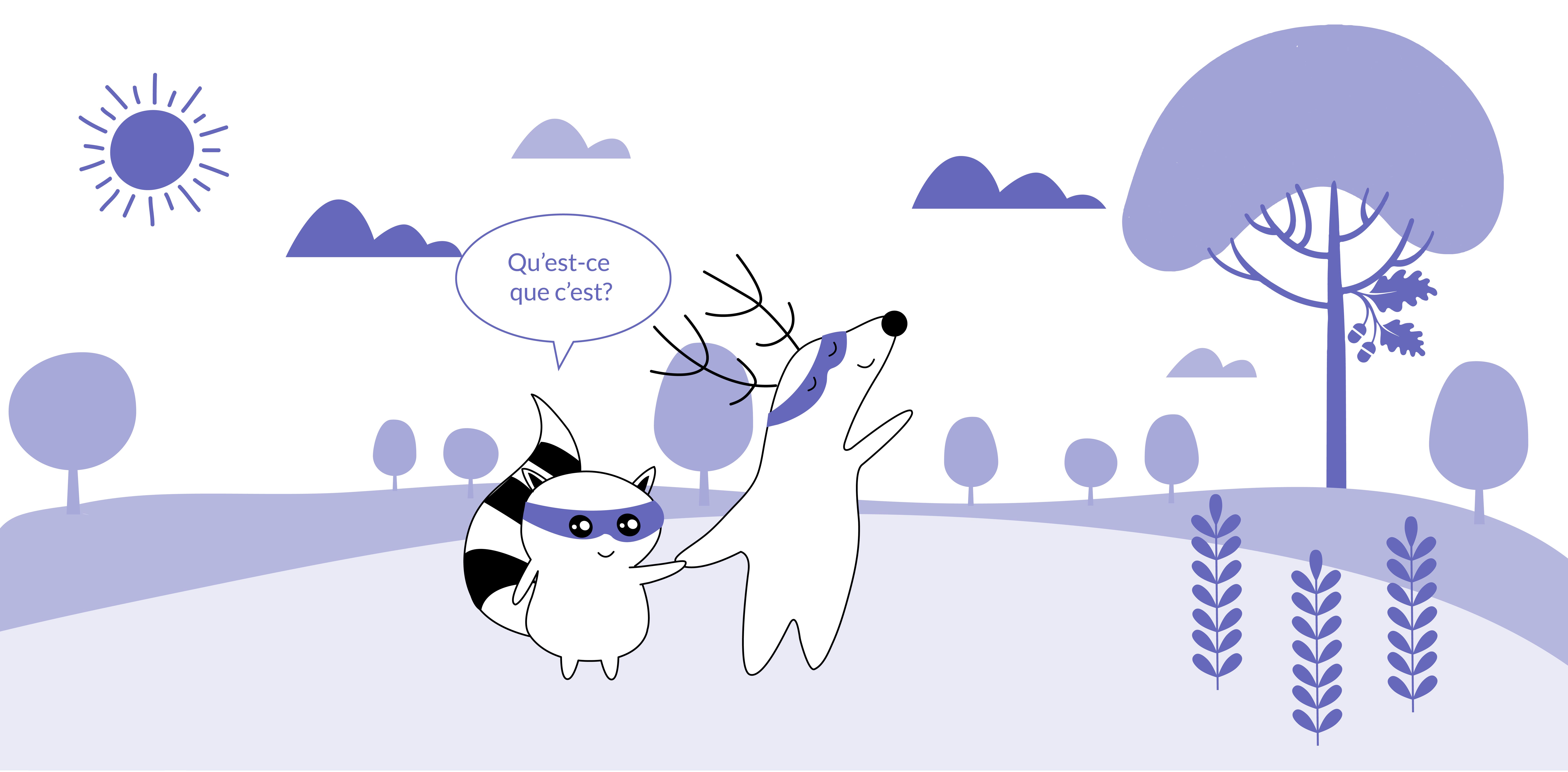
Bon voyage! A world brimming with culture, elegance, and an undeniable je ne sais quoi beckons you to embark on a linguistic journey through the French language. As you pack your mental suitcase, one word, in particular, is sure to be a crucial item: "What."
"What" — a word so simple yet so essential — has several different translations in French. Each carrying its own unique nuances and usage, these multiple variations serve as a passport to your understanding of the French language.
So, let's embark on this voyage ensemble — or, shall we say, together.
Learn French with Langster
Qu’est-ce que/qui (What Is?)
The phrases qu’est-ce que and qu’est-ce qui may seem cumbersome to someone seeking a one-word translation, yet their use in French is quite prevalent. They both are question words that translate directly to "What is?" in English.
Qu'est-ce que c'est? is a phrase commonly used when the subject is unknown or when asking about an object's nature or identity. For example:
French
English
Qu'est-ce que c'est?
What is it?
However, qu'est-ce qui is used when the subject of the question is the thing doing the action.
In general, qu’est-ce qui is less frequently used, and when it is, it's often part of a standard phrase like qu’est-ce qui se passe? This is the question that essentially asks, "What is happening?" It's an essential phrase to master when navigating through day-to-day French conversations to avoid sounding awkward.
So, you use que when talking about an “object” and qui when talking about a “subject.”
Here are some examples for better understanding:
| Example | Translation | Explanation |
|---|---|---|
| Qu’est-ce que c’est? | What’s that? | object |
| Qu’est-ce que tu veux alors? | What do you want, then? | object |
| Qu’est-ce que tu fais? | What are you doing? | object |
| Qu’estce qui fait ce bruitlà? | What is making that noise? | subject |
| Qu’est-ce qui se passe? | What’s happening? | subject, the thing that’s happening |
| Example | Translation | Explanation |
|---|---|---|
| Qu’est-ce que c’est? | What’s that? | object |
| Qu’est-ce que tu veux alors? | What do you want, then? | object |
| Qu’est-ce que tu fais? | What are you doing? | object |
| Qu’estce qui fait ce bruitlà? | What is making that noise? | subject |
| Qu’est-ce qui se passe? | What’s happening? | subject, the thing that’s happening |
Que (What..?)
The French word que is commonly used at the beginning of a sentence. Its usage has a straightforward guideline: it typically appears at the start of a statement, with a few exceptions where it stands alone.
However, the word itself is like a chameleon — it changes depending on the context. In questions, it takes on the role of “what” in French, preceding verbs, and acting as a direct object.
For instance:
French
English
Que veux-tu pour déjeuner?
What do you want for lunch?
It's important to remember that in French, que undergoes liaison — a process where its pronunciation changes when followed by a vowel, usually abbreviated.
Here are some practical examples of how to use que to mean “what” in French, making your learning process both informative and hands-on:
French
English
Qu‘en pensez-vous?
What do you think (of it)?
Que voyez-vous?
What do you see?
Que veux-tu manger?
What do you want to eat?
In other instances, que can signify “that” or “which,” playing a critical role in connecting phrases and ideas.
The versatility of que makes it an indispensable tool in your French language arsenal.
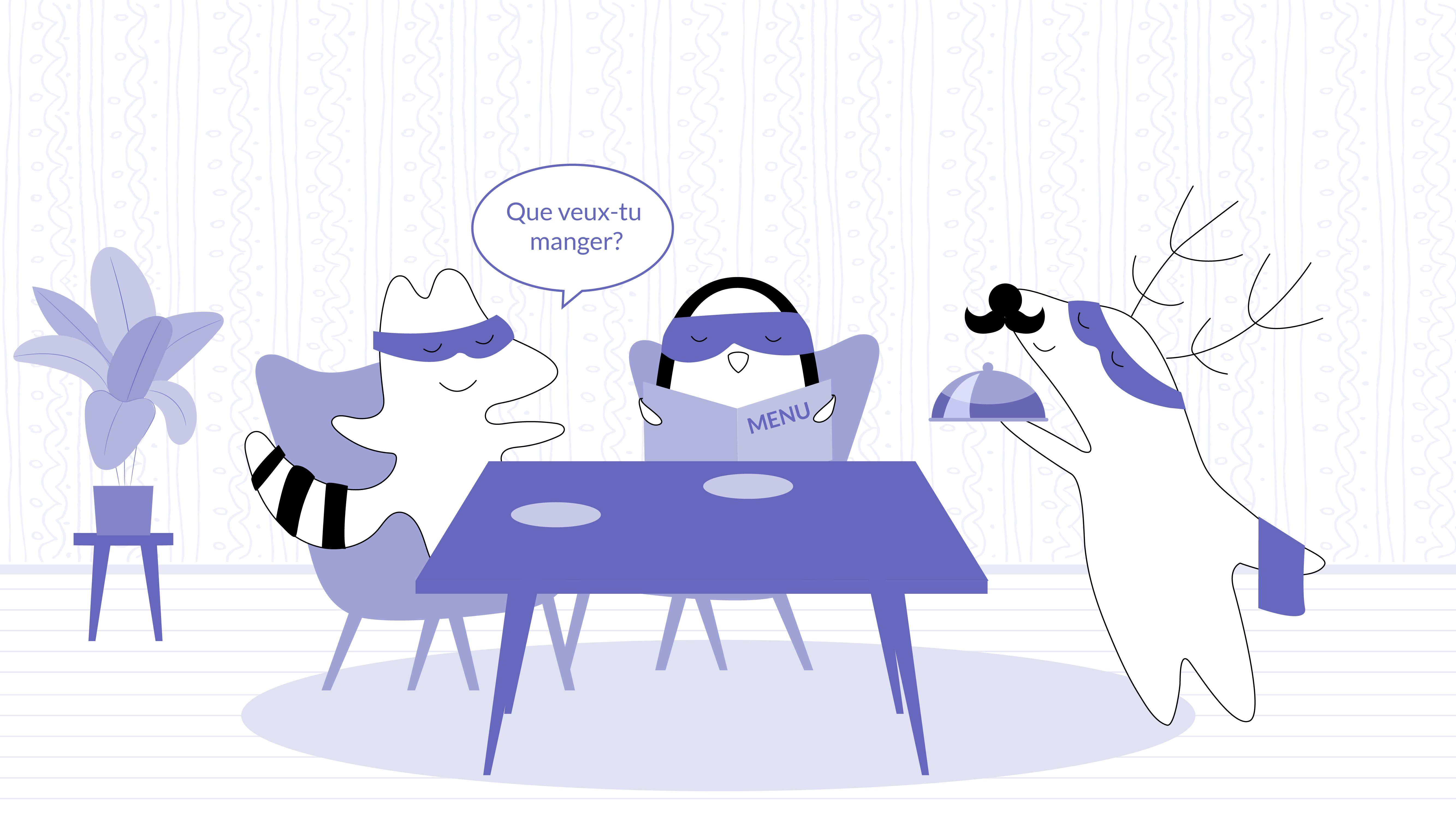
Quoi (...What?)
The French term quoi is incredibly versatile and practical. It's predominantly used to convey the meaning of “what” in various contexts.
For one, if you're looking to express surprise or disbelief, quoi should be your go-to. It's typically found at the end of sentences, mirroring the English usage of "...what?"
Imagine you've just heard an unbelievable piece of news; your response might be:
French
English
Tu plaisantes, quoi?
You're joking, what?
Here's how you can incorporate it into your French vocabulary:
- Use quoi following a preposition such as à or de.
French
English
À quoi pensez-vous?
What are you thinking about?
De quoi s’agit-il?
What’s it about?
- Quoi is also used after a verb or at the end of a sentence, a usage that tends to be less formal or more colloquial.
French
English
Ça veux dire quoi alors?
What does that mean then?
Il veut… quoi??
He wants… what??
C’est quoi ce truc-là?
What the hell is that?
- As an exclamation, quoi can stand alone.
French
English
Quoi???
What???
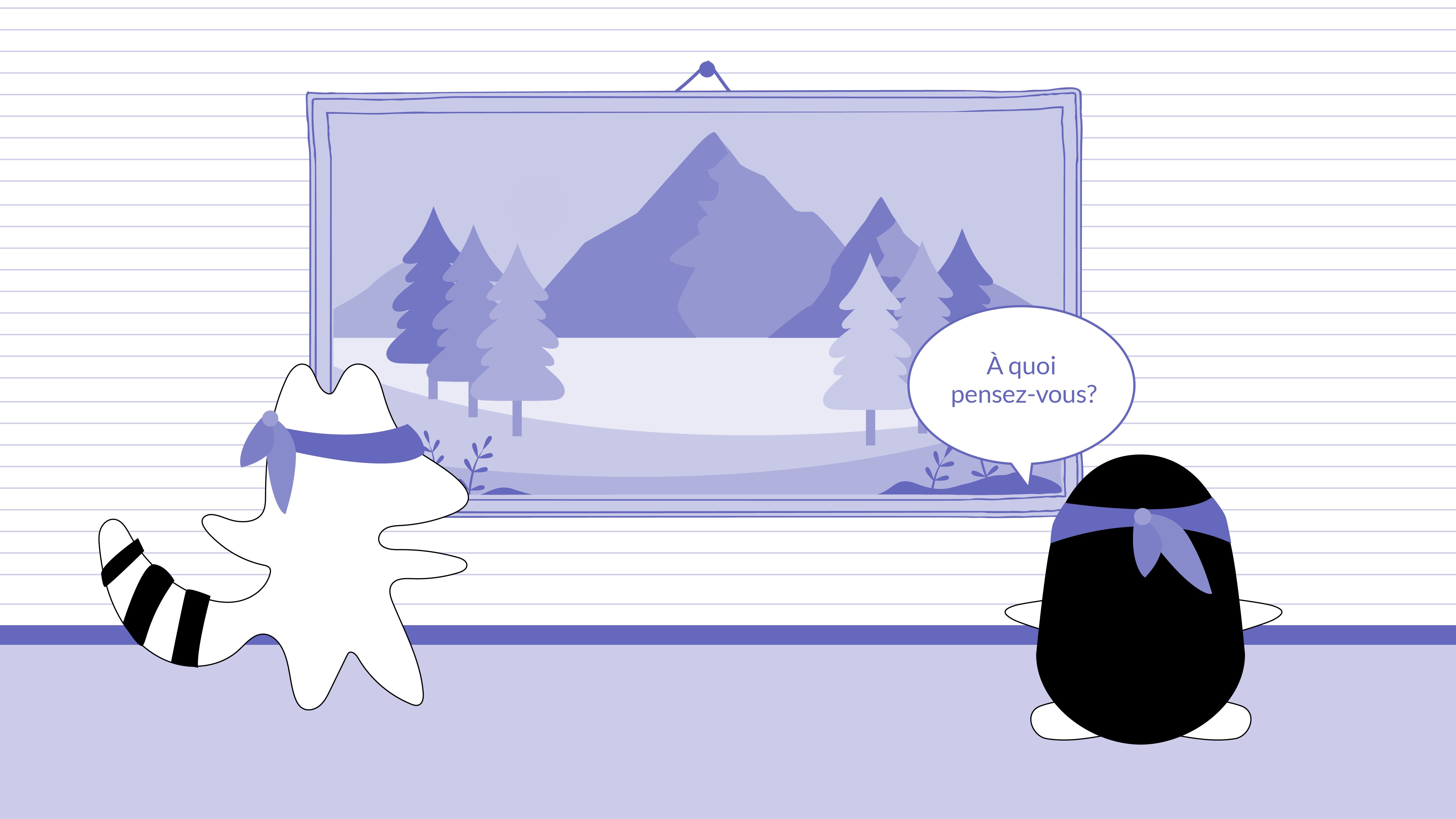
Quel (What specifically?)
The French term quel and its variants are typically translated to “which” in English. It changes form based on gender and number:
- quel — masculine singular,
- quelle — feminine singular,
- quels — masculine plural,
- quelles — feminine plural.
However, these can also be used in contexts where “what” would be used in English sentences — quel or its variants are employed when referring to a specific object that already exists.
Here's how you can use it to say “what” in French:
- Use quel or quelle (singular forms, masculine/feminine, respectively) when asking about a specific noun, such as a date, an object, or someone's name.
French
English
Quel est votre nom, Monsieur?
What’s your name, sir?
Quelle heure est-il?
What time is it?
Quelle est la date aujourd’hui?
What’s the date today?
Quel livre veux-tu emprunter?/ [What
What/which book do you want to borrow?
- Utilize any version of quel (singular/plural, masculine/feminine) when exclaiming about the quality of something or when you need specifics or details. This interrogative adjective prompts for more information about the subject in question.
French
English
Quelle grande maison!
What a big house!
Quel livre intéressant!
What an interesting book!
Quelle bonne idée!
What a good idea!
Quelles sont les choses dont vous avez besoin?
What are the things that you need?
For instance, if you're shopping for clothes and want to inquire about a specific color, you'd ask:
French
English
Quelle couleur préférez-vous?
What color do you prefer?
The answer will surely provide the specificity you seek.
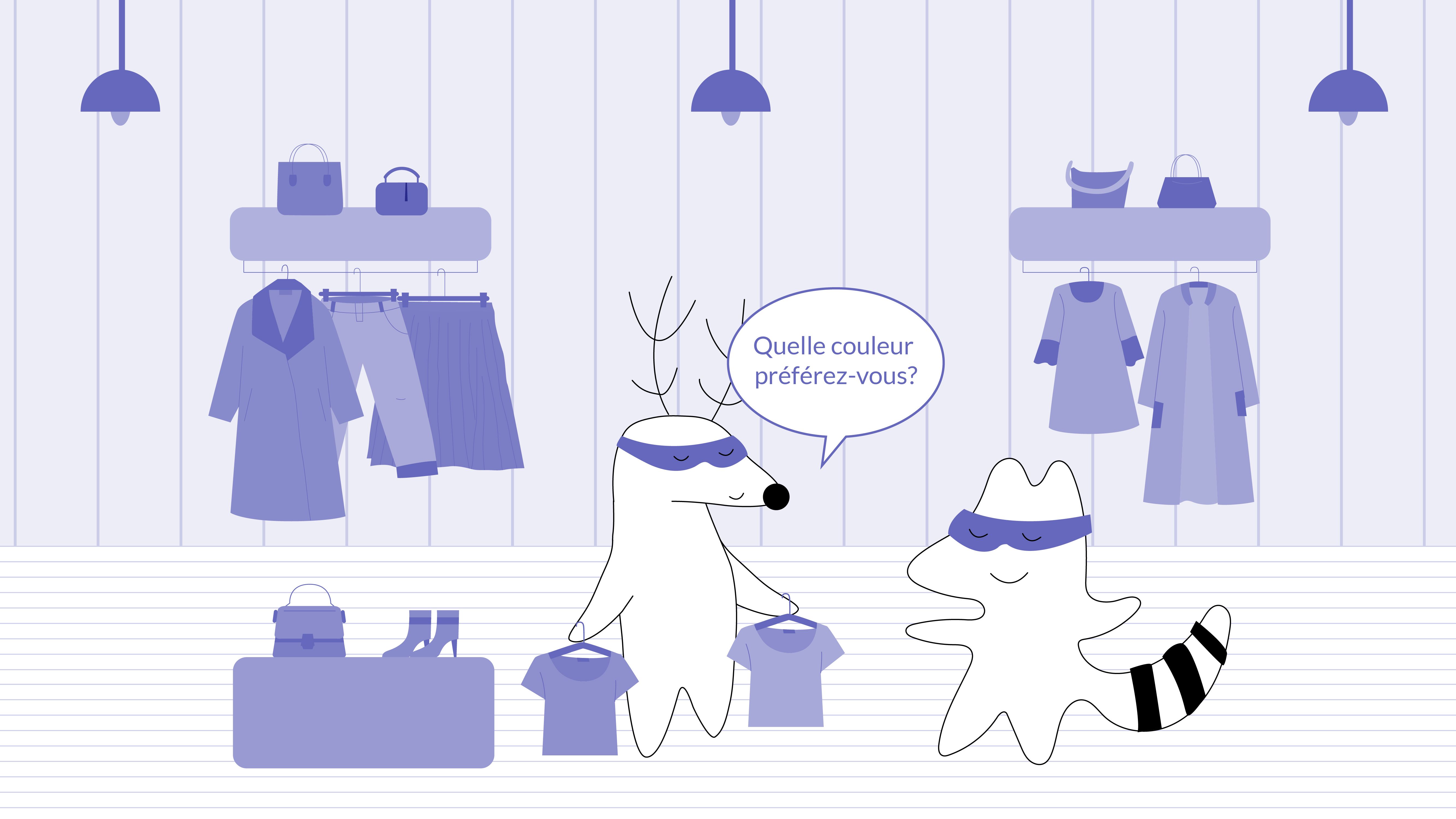
Ce que / Ce qui / Ce Dont / Ce À quoi (“What” as an Object)
This group of relative pronouns may seem daunting at first glance, but fear not! All of these phrases are akin to saying "that’s what..." in English, and we’ve covered some of them in the previous sections. They each play a unique role in providing additional information or clarification about something previously mentioned.
Consider this sentence:
French
English
Je ne comprends pas ce que tu dis.
I don't understand what you are saying.
Here, ce que translates to “what” in English, referring to something previously mentioned in the conversation.
Take a look at some more examples:
French
English
C”est ce que c’est.
It is what it is.
On ne sait pas ce qui va se passer.
We don’t know what’s going to happen.
As pointed out in the segment on quoi, it is applied after a preposition. Thus, you would use ce à quoi or ce dont to denote “what” when it relates to an object, like here:
French
English
Ce à quoi je m'attends, c'est une invitation.
What I'm waiting for is an invitation.
C’est ce dont j’ai besoin.
That’s what I need.
Moreover, ce can be paired with other prepositions, but we’ll stick to the basics in this guide. Understanding these building blocks will significantly enhance your conversational fluency.
Et si…? (What if..?)
Last but certainly not least, we have et si.
This phrase allows you to speculate and dream in French — asking those daring what if?” questions that open doors to countless possibilities.
While you might occasionally hear English speakers starting a sentence with "And if...?", it's much more common and natural sounding in French. This usage can add depth to your conversations, allowing you to propose hypothetical situations or express concerns in a nuanced way.
Thinking of asking someone on a date? You might say:
French
English
Et si nous allions dîner ensemble ce soir?
What if we have dinner together tonight?
Et si on le faisait demain?
What if we did it tomorrow?
From contemplating life-changing decisions to simply wondering about tomorrow's weather, et si adds a layer of intrigue and curiosity to your French dialogues.
Wrapping Up
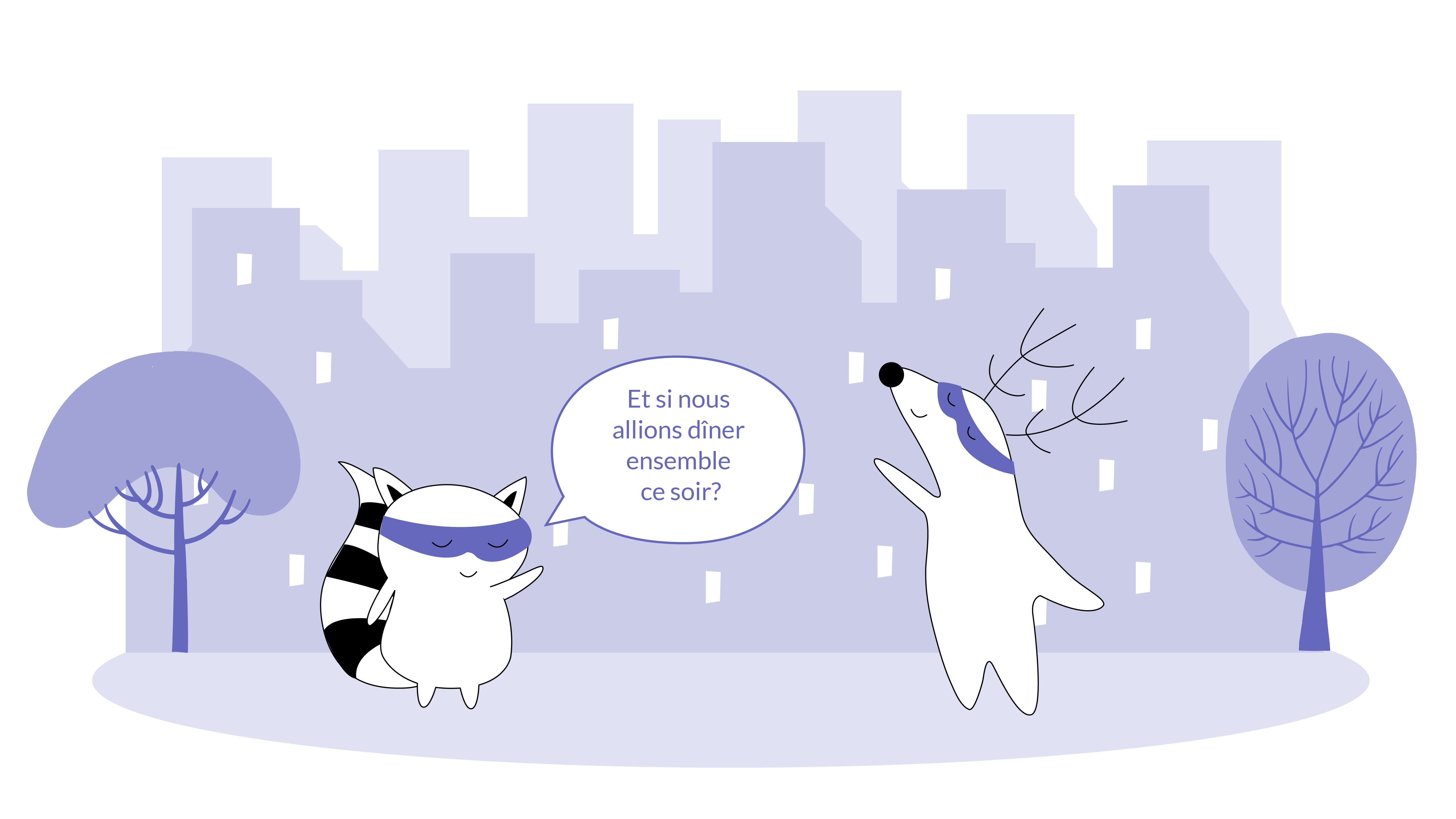
As you can see, there's more than meets the eye when it comes to saying “what” in French. Each variation — be it qu’est-ce que, quoi, que, quel, or et si — offers a unique perspective and depth to your conversation.
So, next time you find yourself navigating through the picturesque streets of Paris or conversing with a native speaker, French learners remember these six ways of expressing “what.”
With this linguistic passport — and our Langster app — in hand, you’re well on your way to mastering the beautiful language of Molière. À bientôt!
Learn French with Langster







